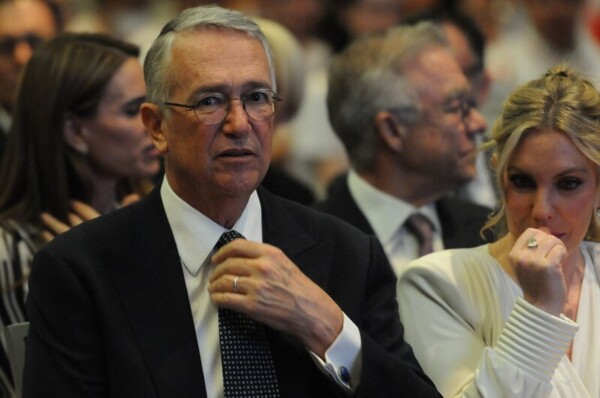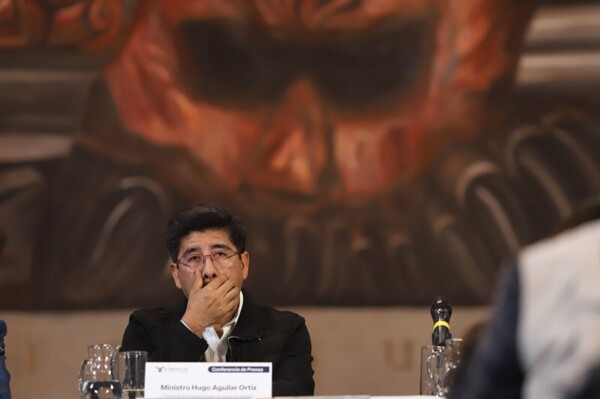
In the course of 2024, the Mexican economy experienced a slowdown that poses significant challenges for its long-term growth. Despite some progress in previous years, GDP was only 5% above 2018 levels, resulting in a contraction of per capita income during the period. Economic growth in 2024 was lower than the previous year by 1.8 percentage points, affecting all three sectors of activity, especially secondary activities such as construction.
During 2023, construction experienced a boom driven mainly by public works related to emblematic projects of the previous administration. However, in 2024, Mexico's GDP increased by only 1.5%, a figure that falls below the average annual growth of recent decades and fails to compensate for the disappointing economic performance of that year. The slowdown in economic growth was accentuated by tertiary activities, especially trade.
Furthermore, the increase in the public deficit in 2024 did not have the expected positive impact on the economy, and the dynamism of construction was affected by the decline in public investment and the stability in private investment. The deterioration of the manufacturing sector, reflected in a growth of 0.3% in 2024, was another factor contributing to the overall slowdown.
It is suggested that the economic strategy initiated in the previous administration has neglected essential functions of the state in favor of monetary transfers to interest groups, resulting in the approval of constitutional reforms that undermined the rule of law and accountability. Despite the expectations generated by a possible movement of production processes from China to Mexico, the impact of "nearshoring" on the Mexican economy has been limited.














